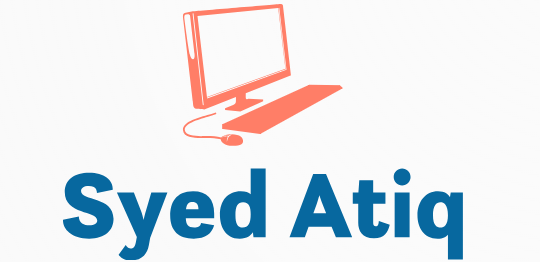The healthcare industry is on the brink of a revolution, driven by the transformative power of Artificial Intelligence (AI) and Machine Learning (ML). These technologies are not just enhancing how healthcare services are delivered; they are fundamentally redefining the industry by making care more personalized, efficient, and accessible. From improving diagnostics to accelerating drug discovery, AI and ML are paving the way for a healthier future.
Revolutionizing Diagnostics
One of the most promising applications of AI in healthcare is in diagnostics. By analyzing medical images such as X-rays, MRIs, and CT scans, AI algorithms can detect anomalies with remarkable accuracy. For example, AI-powered tools are already being used to identify early signs of cancer, heart disease, and neurological disorders, sometimes even before symptoms manifest.
Furthermore, ML models can process vast amounts of patient data, identifying patterns and correlations that might be overlooked by human clinicians. This ability not only speeds up diagnosis but also improves its accuracy, potentially saving countless lives.
Personalized Medicine: Tailoring Treatments
AI and ML are ushering in the era of personalized medicine, where treatments are customized to individual patients based on their genetic makeup, lifestyle, and environment. By analyzing genomic data, ML models can predict how patients will respond to specific treatments, enabling doctors to prescribe the most effective therapies.
For instance, precision dosing algorithms are helping to calculate optimal medication levels, reducing side effects and improving treatment outcomes. This level of personalization ensures that patients receive care that is truly tailored to their unique needs.
Enhancing Patient Care
AI-powered virtual assistants are transforming patient care by providing real-time support. These tools can remind patients to take medications, schedule follow-up appointments, and even answer basic health questions. In mental health care, AI chatbots offer immediate, judgment-free support to individuals in need, breaking barriers to access and reducing stigma.
Wearable devices equipped with AI capabilities are also revolutionizing remote patient monitoring. These devices continuously track vital signs and alert healthcare providers to potential issues, enabling timely interventions and reducing hospital readmissions.
Accelerating Drug Discovery
The drug discovery process is notoriously time-consuming and expensive. AI is changing this by predicting the efficacy of compounds, identifying potential drug candidates, and analyzing biological data at unprecedented speeds.
Machine learning models can simulate how drugs interact with the human body, significantly shortening the time it takes to bring life-saving therapies to market. Moreover, AI is optimizing clinical trials by identifying suitable participants and predicting outcomes, further accelerating the path to new treatments.
Streamlining Healthcare Operations
Beyond direct patient care, AI and ML are optimizing healthcare operations, reducing inefficiencies, and lowering costs. Predictive analytics help hospitals forecast patient admissions, optimize resource allocation, and plan staffing schedules more effectively.
Administrative tasks such as medical coding, billing, and documentation are also being automated with AI, freeing up healthcare professionals to focus on patient care. Natural Language Processing (NLP) tools, for example, can transcribe and summarize patient visits, saving time and improving accuracy.
Managing Population Health
AI is proving invaluable in managing population health by analyzing public health data to predict disease outbreaks and track epidemics. These insights enable governments and healthcare organizations to implement targeted preventive measures and allocate resources effectively.
Additionally, ML models can identify at-risk populations and recommend personalized interventions, promoting preventive care and reducing the burden of chronic diseases.
Breaking Barriers to Accessibility
In many parts of the world, healthcare remains inaccessible to large segments of the population. AI and ML are bridging these gaps by providing remote diagnostic tools and telemedicine solutions. These technologies enable patients in underserved areas to access quality care without traveling long distances.
Affordable AI-powered tools are also helping reduce the overall cost of healthcare, making high-quality care accessible to more people.
Challenges to Overcome
While the potential of AI and ML in healthcare is immense, there are challenges that need to be addressed:
- Data Privacy and Security: Patient data must be protected from breaches and misuse.
- Bias in AI Models: Ensuring that AI algorithms are trained on diverse datasets to avoid biases that could lead to unequal care.
- Regulatory Compliance: Adapting AI solutions to meet stringent healthcare regulations.
The Road Ahead
The integration of AI and ML into healthcare is still in its early stages, but the impact is already profound. As these technologies continue to evolve, they promise to make healthcare more predictive, precise, and patient-centric. By addressing existing challenges and fostering collaboration between technology and healthcare professionals, we can unlock the full potential of AI and ML to create a healthier, more equitable world.
In this era of rapid technological advancement, AI and ML are not just tools—they are catalysts for change, enabling a future where healthcare is more accessible, efficient, and tailored to each individual.
This is an exciting time for healthcare innovation, and AI and ML are at the forefront of this transformation. Let’s embrace these technologies to build a future where everyone has access to the care they need and deserve.
